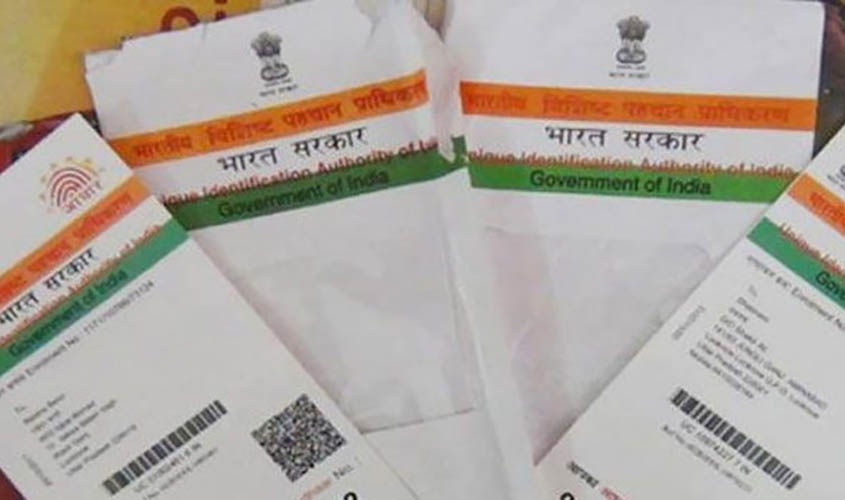The Centre has been able to weed out over one crore “ghost beneficiaries” registered with the Integrated Child Development Services (ICDS), with the linking of beneficiary accounts to Aadhaar numbers.
According to sources in the Ministry of Women and Child Development (WCD), statistics show that since beneficiary accounts have started to get linked with Aadhaar, there has been a significant drop in the number of accounts. Since no legal identification could be produced for the fake accounts, this resulted in their exit from the system.
The ministry has compiled a report on the beneficiary accounts before Direct Benefit Transfer (DBT) was introduced. The report is said to have brought startling revelations to the fore, the most significant of which is the weeding out of fake beneficiary accounts. According to highly placed sources in the ministry, a new system has been brought in place to make it difficult for fake beneficiaries to sustain themselves. The ministry is expected to make public the said report soon.
Several reports from the ground were making headlines about how some of the welfare schemes were getting dragged down by the burden of ghost beneficiaries in whose names the accounts were being registered. A source in the ministry said, “We had taken note of the situation. Food was being taken away in the name of children who did not exist. Money was going everywhere, but to the person whom it should reach. But once Aadhaar was put in place, the fake accounts could not thrive.”
India has the largest number of children in the world between the ages of 0-18 years—an estimated 43 crore. According to the National Family Health Survey of 2015-16, nearly every third child in India is undernourished. In such circumstances, the ICDS, a nutrition-based welfare scheme, aims to benefit the children through the Anganwadi workers (AWCs), who are the prime executioners of the scheme on the ground.
Recently, AWCs in several states like Kerala, Punjab, Jammu and Kashmir etc., have been complaining about a reduction in the Centre’s share of the scheme in some states. The AWCs have also been demanding an increase in their salaries and states like Haryana have managed to fulfil the demands of AWCs. Among the other demands of AWCs is regularisation of ICDS, the closure of pre-primary schools, replacement of honorarium with pay scales, etc. Launched on 2 October 1975, ICDS offers a package of six services that are supplementary nutrition, pre-school non-formal education, nutrition and health education, immunisation, health check-up and referral services.

